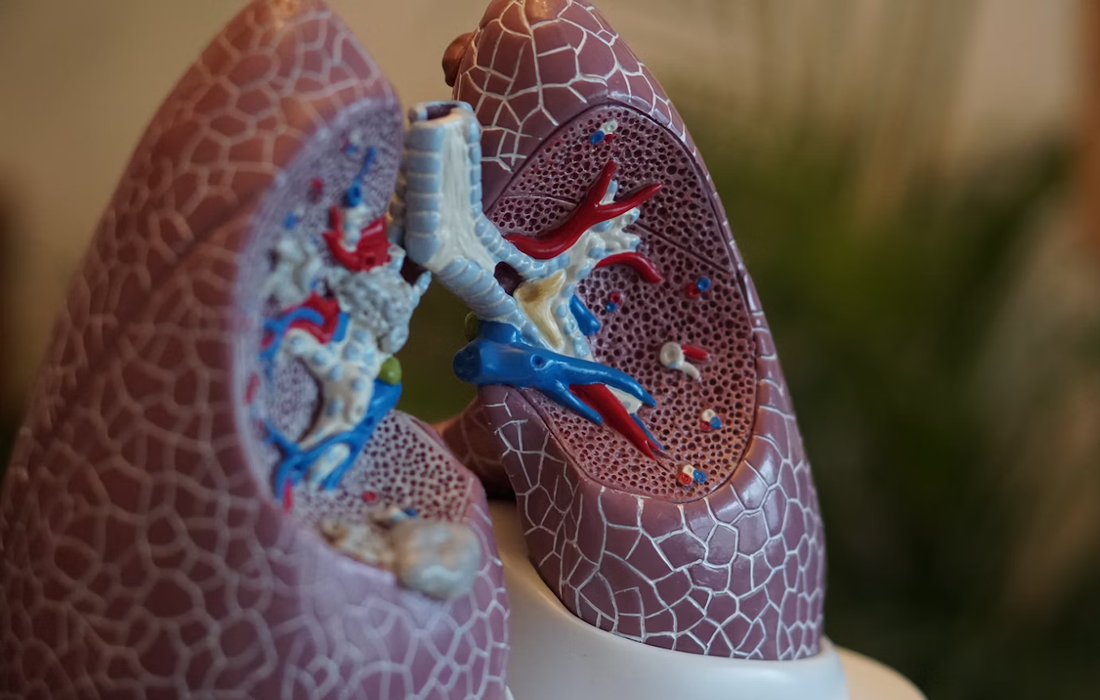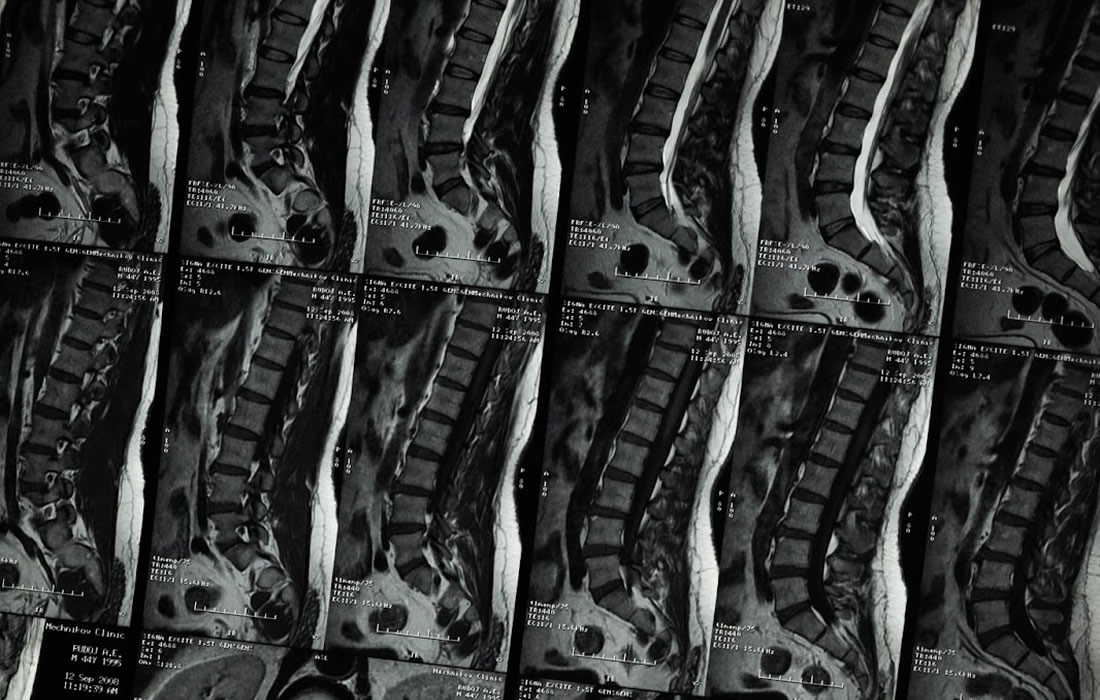Amyotrophic lateral sclerosis (ALS) is a neurodegenerative disease that affects neurons in the brain and spinal cord causing loss of muscle control. A study by the University of Barcelona has designed a potential therapeutic strategy to tackle this pathology that has no treatment to date. One of the most frequent causes of ALS is the […]
Monthly Archives: November 2023
A rare but potent genetic mutation that alters a protein in the brain’s immune cells, known as microglia, can give people as much as a three-fold greater risk of developing Alzheimer’s disease. “This TREM2 R47H/+ mutation is a pretty important risk factor for Alzheimer’s disease,” said study lead author Jay Penney. In the study in […]
Glaucoma is one of the leading causes of blindness worldwide, and vision loss, due to the loss of retinal ganglion cells (RGCs), cannot currently be reversed with any treatment. Some studies have looked at replacing RGCs through cell transplants, but this process is still in the research and development stage and fraught with limitations that […]
Dependence on pain medication is on the rise due to lack of vigilance by medical professionals, according to a new study from the University of Surrey. Patients dependent on pain medication describe feelings of ‘living in a haze’ and being ignored and misunderstood by the medical profession. Pharmacological treatment for chronic pain usually involves potentially […]
Cerebral small vessel disease (SVD) is a leading cause of age-related cognitive decline and contributes to almost half (45%) of dementia cases worldwide. It is also responsible for one in five (20%) ischemic strokes, the most common type of stroke. The majority of cases of SVD are associated with conditions such as hypertension and type […]
Old people who follow a Mediterranean diet are at a lower risk of cognitive decline, according to a study published in the journal Molecular Nutrition and Food Research. The study provides new evidence for a better understanding of the biological mechanisms related to the impact of the diet on cognitive health in the aging population. […]
Research from the lab of cancer biologist Tuomas Tammela, MD, PhD shows that some lung cancer cells retain a “memory” of the healthy cell where they came from — one that might be exploited to make an emerging type of lung cancer treatment called KRAS inhibition more effective. The study looked specifically at lung adenocarcinoma, […]
Researchers at the University of Wisconsin-Madison have identified a protein key to the development of a type of brain cell believed to play a role in disorders like Alzheimer’s and Parkinson’s diseases and used the discovery to grow the neurons from stem cells for the first time. The stem-cell-derived norepinephrine neurons of the type found […]
Herniation in the spine occurs when one of the soft discs that sits between the vertebrae develops a split or a hole, and the soft interior squeezes through. This means that the discs lose their tension and are unable to cushion the spine as usual, causing pain. To continue the tire analogy, it’s as if […]
An existing drug that targets senescent, or sleeping cells could provide the answer to treating lower back pain, according to a new study. The research advances our understanding of the role of senescent osteoclasts — cells that break down and remove damaged bone tissue — in the development of lower back pain, which affects 8 […]










